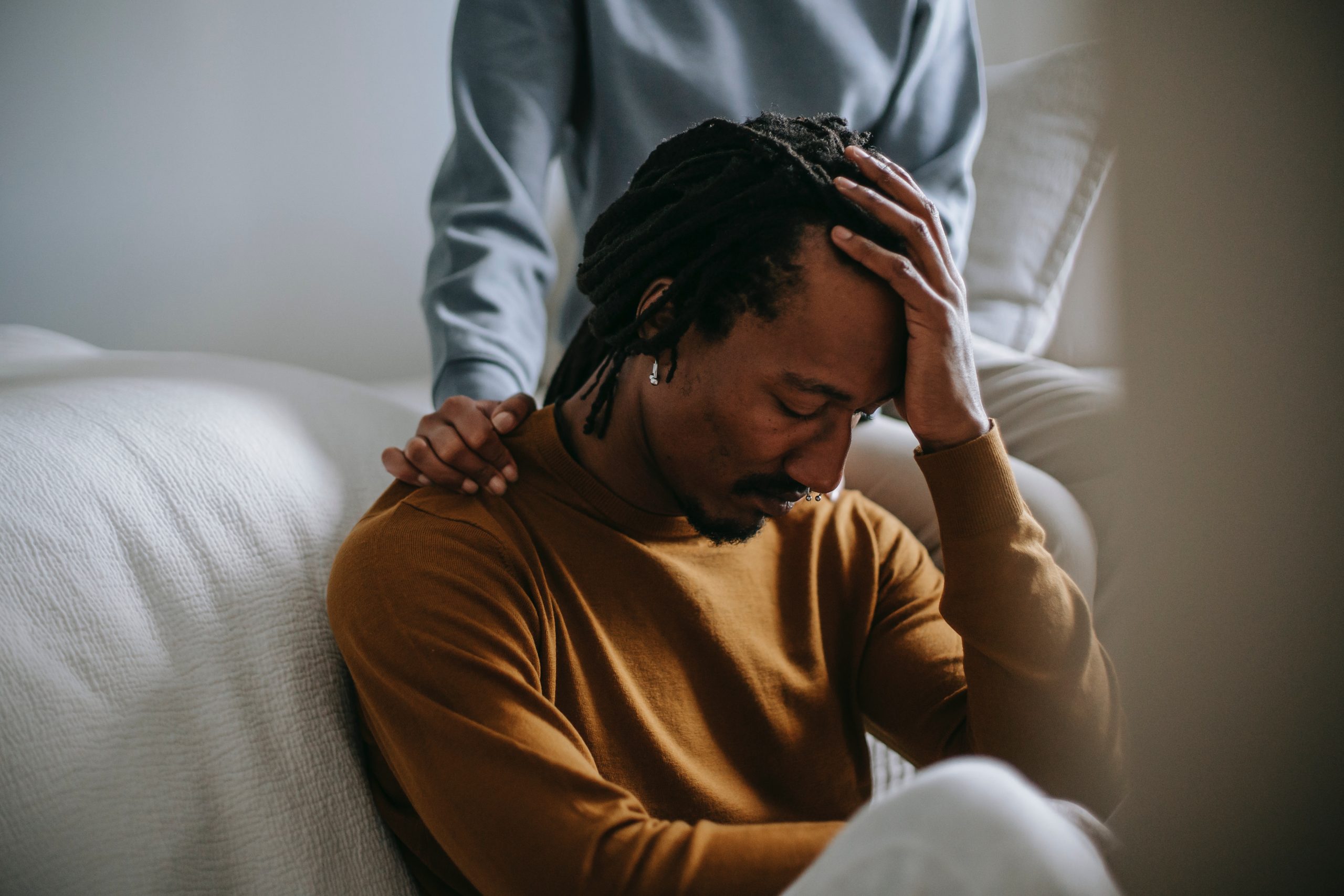Tumor removed but treatment on hold for Ugandan man asked to pay up front
DURHAM, N.C. — A family from Africa thought their prayers were answered when a charitable group and a surgeon at Duke University Hospital offered help for a young man with a brain tumor. But after Isaac Okwakol underwent one operation, he learned additional treatment – chemotherapy and radiation – would cost $173,000 and had to be paid for up front.
Okwakol traveled from Uganda with the support of Embrace Uganda, a Wake Forest-based, non-profit, fully volunteer organization that supports residents of three small villages in that country.
The 25-year-old had a tumor pressing on his optic nerve. Embrace Uganda founder Dr. Dirk Hamp started a GoFundMe page and raised tens of thousand dollars to pay for Okwakol’s surgery.
Hamp enlisted neurosurgeon Dr. Michael Haglund who has performed surgeries in Uganda in partnership with Mengo Hospital there. Haglund wrote a letter to the U.S. embassy in Uganda requesting an emergency medical visa for Okwakol. Within a week, Okwakol arrived at Raleigh-Durham International Airport.
“We have been shown so much love,” Okwakol’s mother, Cossy Okwakol, said. “God has loved us. The people here have great hearts.”
In mid-November, Haglund removed Okwakol’s brain tumor and discovered it was cancer.
“He has a malignant tumor that has a high chance of recurrence, and the better that we can treat the tumor to begin with, the better the chances for the future,” Hamp said.
Okwakol’s doctors recommended a year of chemotherapy and six weeks of radiation, a treatment that would cost $173,000.
Duke Health told WRAL News that upfront payments are a common requirement for international patients. They issued this statement:
“Publicly available information regarding international patients indicate that many academic medical centers have similar policies to Duke’s, including Johns Hopkins, Cleveland Clinic and UCLA, among others. Some hospitals, including the Mayo Clinic and Memorial Sloan Kettering, provide ‘consult services’ where international patients pay a lesser amount for a consult visit, but are then required to submit the full upfront payment for treatment.
“This policy, which preserves financial assistance programs for U.S. residents, ensures that international patients can make fully informed decisions about the care they are seeking and its costs.”
“It does make a stressful situation even more stressful,” Okwakol said. His treatment is now on hold.
“We believe in God. The same way we started praying before he came here, we will pray again,” his mother said.
This week, Embrace Uganda received a matching donation of up to $30,000 from an anonymous donor to help with Okwakol’s continuing care.
Source: WRAL.com By Sloane Heffernan, WRAL reporter
Support families fighting financial toxicity of cancer – here
